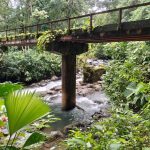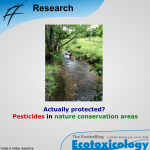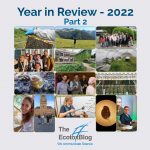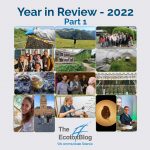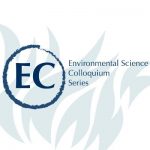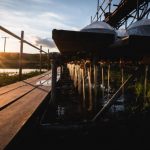In this blogpost, Lukas Reinhard shares his internship experience at the Central American Institute of Studies on Toxic Substances (IRET) of Universidad Nacional, Costa Rica. Students of the Environmental Pollution Management (Ecotoxicology) Program complete an 8-week internship each year, the so-called “AMEO”. The AMEO is performed either at an external university, governmental or industrial research institute where students learn to apply the competences achieved during their study. Students also use this opportunity to travel and explore not only Germany, but also other countries.
Continue readingAMEO experience: IRET-UNA in Costa Rica – Lukas Reinhard (2022)
